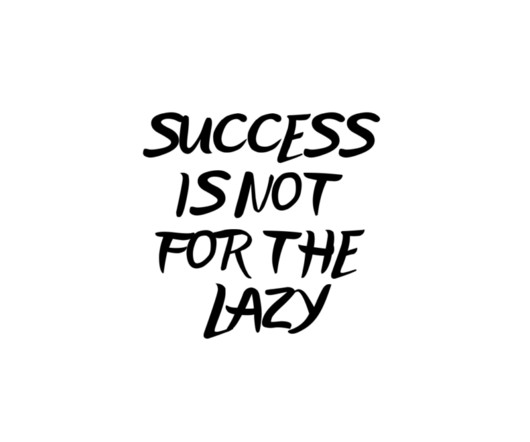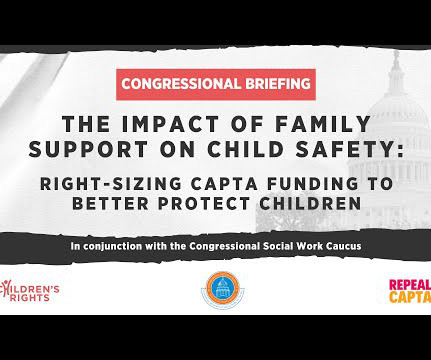What are the 10 Roles of Social Workers
Social Work Haven
SEPTEMBER 14, 2023
Counsellor : They provide counselling and emotional support to individuals and families facing a wide range of challenges, including mental health issues, addiction, and crisis situations. Advocacy takes various forms, including individual, organisational, and systemic levels. Client Advocacy 6. Client Assessment 2.












Let's personalize your content